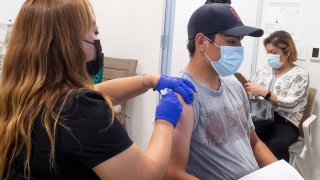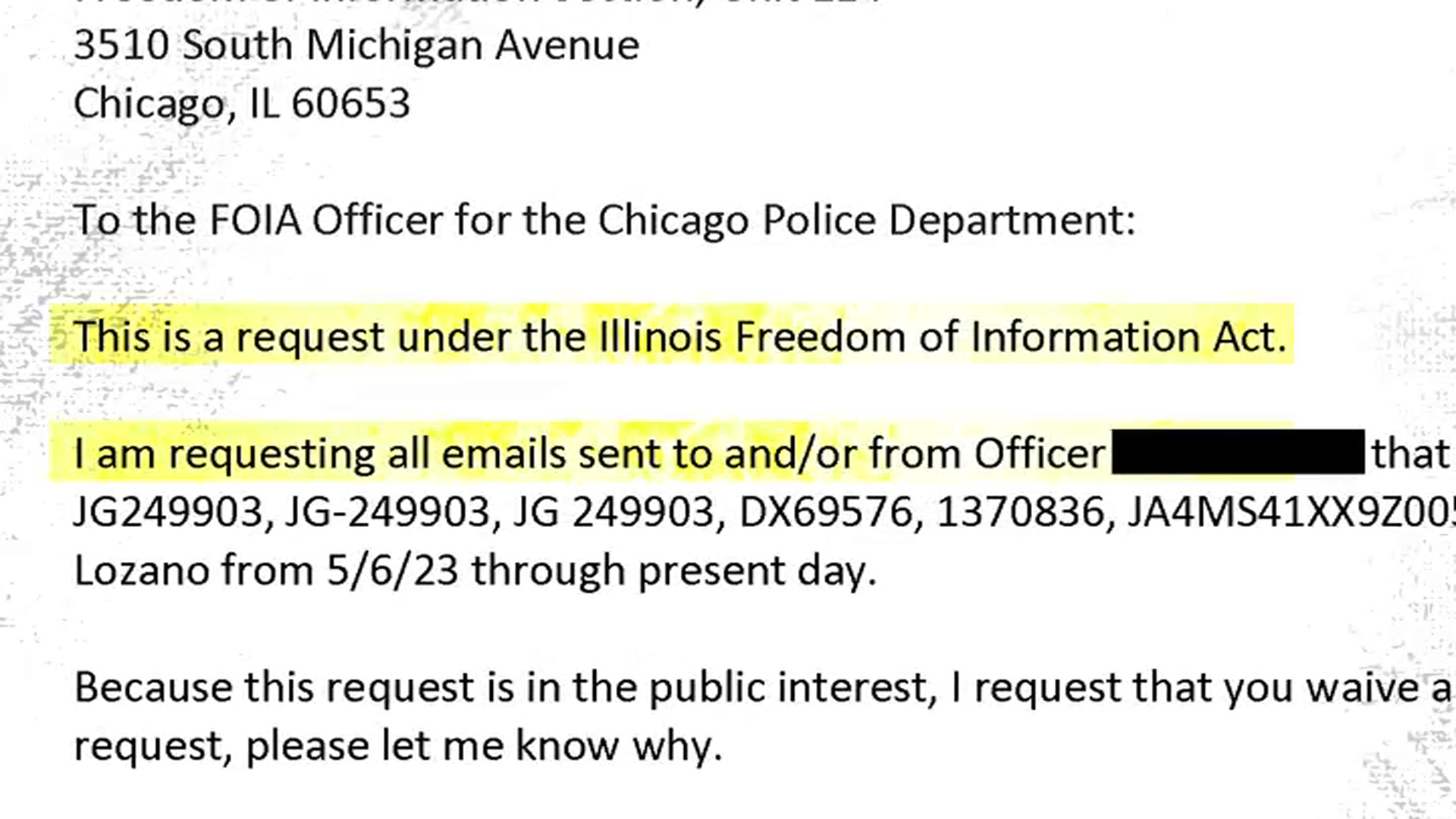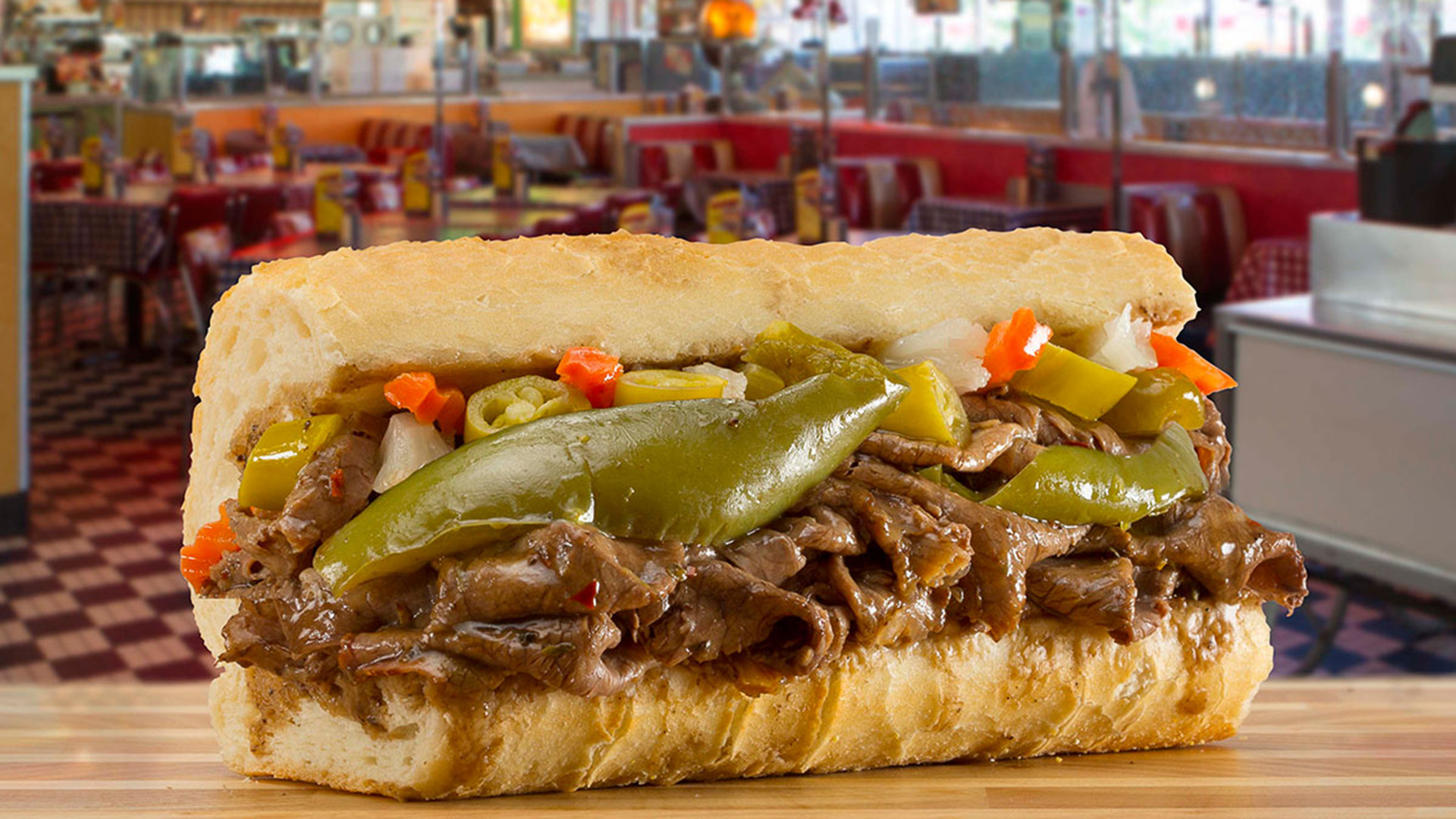
More and more Americans have been vaccinated in recent weeks, but the number of those who've skipped their second dose has risen as well.
More than 5 million people, around 8% of those who received one shot of the Moderna or Pfizer vaccines, didn't get their second dose, according to data from the Centers for Disease Control and Prevention.
But what if, for whatever reason, you missed your second shot?
According to the CDC, the second dose should be administered as close to the recommended interval as possible, which is 21 days for the Pfizer vaccine and 28 days for Moderna's.
Feeling out of the loop? We'll catch you up on the Chicago news you need to know. Sign up for the weekly Chicago Catch-Up newsletter here.
However, the shot can be given up to 42 days after the first dose "when a delay is unavoidable," the agency added.
Dr. Candice Robinson, medical director for the Chicago Department of Public Health, emphasized that obtaining a second dose is especially important in boosting immunity in the fight against COVID-19.
The first dose of the Pfizer vaccine cuts the risk of infection by around 50%, while the second dose raises the effectiveness to around 95%, according to data from clinical trials.
Local
Dr. Allison Arwady, the CDPH commissioner, said the second dose is crucial to getting "the best protection you can." Arwady cited a study from the Houston Methodist Hospital system in which researchers followed more than 90,000 patients for a course of multiple months.
In all, 70.2% of patients were not immunized, 4.5% were partially immunized and 25.4% were fully immunized. A total of 225 deaths were reported among the group, researchers said. Of those who died, 217 weren't vaccinated, and seven others were partially-vaccinated.
Only one person who died was fully vaccinated.
According to the New York Times, reasons have varied for missed second shots, with some individuals saying they feared side effects, while others said they felt they were sufficiently protected by a single shot.
The latter belief, at least in patients who had mild or asymptomatic cases of COVID, has been disputed by scientists, including researchers from Northwestern University’s Institute for Policy Research. That study indicated that one dose of two-dose COVID-19 vaccines does not provide sufficient protection against the virus in those individuals.
Following the CDC report on missed doses, Illinois health officials vowed to follow up with individuals who may have received one dose but not the second shot.



